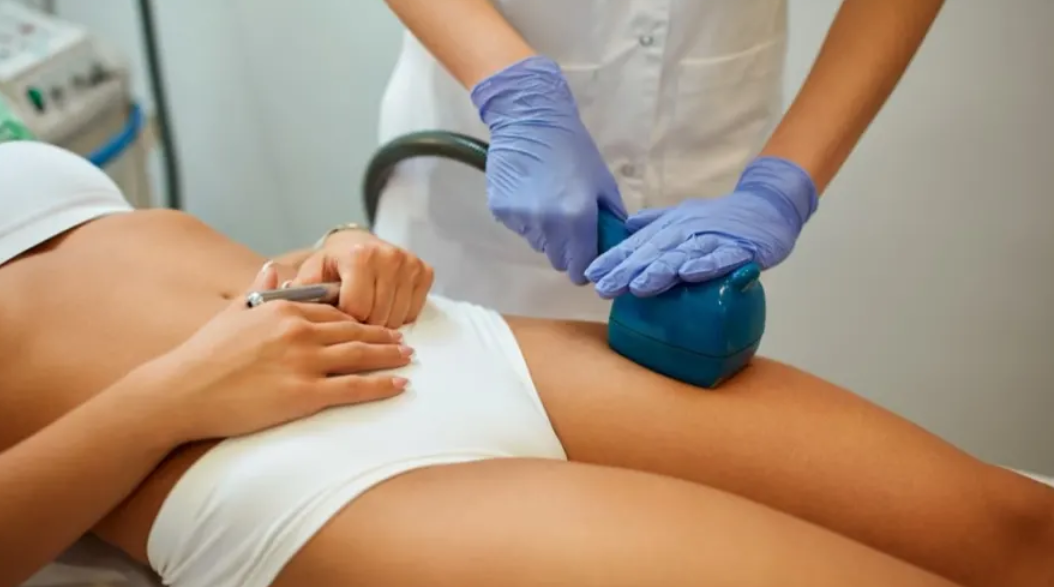 Cool, bubbly and fizzy Soft drinks have become a popular choice of beverage among masses, especially kids. Unfortunately, renowned faces advertise these drinks as an elixir making young brains to hooked upon them. Excess consumption of these drinks is degrading health status of people. It seems young generation has become addicted to these easy drinks, substituting their daily intake of healthy drink like milk.
Cool, bubbly and fizzy Soft drinks have become a popular choice of beverage among masses, especially kids. Unfortunately, renowned faces advertise these drinks as an elixir making young brains to hooked upon them. Excess consumption of these drinks is degrading health status of people. It seems young generation has become addicted to these easy drinks, substituting their daily intake of healthy drink like milk.
Few days back I just came across a video on social media describing cleaning hacks using soft drinks for cleaning toilet seats, removing rust spots from chrome car bumpers, cleaning corrosion from car battery terminals, to remove grease from clothes, pesticide! Astonishing? The video was too alarming for me.
Next time you have sip of any soft drink, please “Do not forget” to read box behind the bottle stating nutritional facts of drink you are gulping down. These Carbonated beverages contain high amounts of sugar, acids, empty calories and caffeine, with zero nutritional value. Acids, Phosphoric acid, citric acids, carbonic acids, sugar, caffeine, coloring and flavoring agents are used for manufacturing of these gassy drinks have potential to degrade health if consumed on regular basis.
1.Effect of Acidity on teeth
Over acidic internal environment weakens all body systems and make your body prone to diseases, teeth being no exception. Our body tries to make the body alkaline again by neutralizing acidity, condition forces the body to borrow minerals—including calcium, sodium, potassium and magnesium—from vital organs and bones to buffer (neutralize) the acid and safely remove it from the body. (American Journal of Clinical Nutrition)
Ph value of human saliva is nearly neutral. High amount of phosphoric acid is added to keep the water sterile as no bacteria can live in such acidic conditions, Ph generally less than three.The solution of Phosphoric acid in cola drinks is strong enough to cause human teeth to become soft within 2 days.These beverages have the capacity to dissolve nail and limestone.
Dental erosion is also the loss of tooth structure. But the loss is due to chemical process not involving bacteria. The solubility of Tooth surface increases logarithmically with decreasing pH (increase in acidity).
All types of soft drinks are very acidic in nature, especially the colas, which can have a pH of 2.4 or less. You need to drink 32 glasses of high alkaline water in order to neutralize a glass of cola!
Effect of high sugar content
As an acid used to make sodas are sour in taste, large quantities of sugar are added to drink to enhance palatability. Furthermore, constant exposure to this high sugar content can lead to insulin resistance and an increased risk of type 2 diabetes.The over-consumption of sugar-sweetened soft drinks is associated with obesity, hypertension, type 2 diabetes, dental caries, and low nutrient levels
Dental caries, by definition, is tooth demineralization caused by acids produced as the byproduct of the bacterial fermentation of dietary sugars. The resulting caries lesion involves gradual demineralization of subsurface enamel and dentin.
Children are at a greater risk of tooth damage. Like the diet today’s generation is relishing is mainly too acidic, sugary and high in carbs. On the top of it, physical activity levels have gone much down too. Mineralisation of teeth increases with age. Children are starting drinking soft drinks at remarkably young age. Normally, as the young teeth have immature enamel, brunt of these drinks on oral health is more.
Nutritional Impacts
Milk consumption has dropped in children over the period. Soft drink intake is decreasing calcium, magnesium, vitamin A, and vitamin C intake too.Young body of kids require protein and calcium rich food. However, sweetened beverages can curb a child’s appetite and displace protein and calcium from diet.
Minimize the Risk
Opt for Offensive and defensive approach. Offensive approach seems simple (needs commitment), Say no to soft drinks. Either train yourself to reduce the effect of soft drinks on your teeth.
This doesn’t mean a person should never drink soda. In fact, drinking it in moderation may represent no harm at all. However, substituting sugary, acidic carbonated beverages for water or intake of caloric food could be problematic in the long run.
- Do not encourage your child to have soft drinks on regular basis. These drinks are no way any substitute for water, milk and regular food.
- Drink carbonated soft drinks and sweetened liquids (like fruit juice) in moderation.
- Drink fluoridated water and use a fluoride toothpaste.
- Swish out your mouth with water to dilute the sugar and acid.
- Use a straw to keep sugars and acids away from your teeth.
- Never consume soft drinks or juice at bedtime. (The liquid pools in your mouth and coats your tongue and teeth.)
- Read the labels — sweetened drinks are high in sugar.
- Do not sip for extended periods of time
- Brush after meals – wait at least an hour after your last drink or meal before brushing
- Last but not the least visit your dentist regularly.




